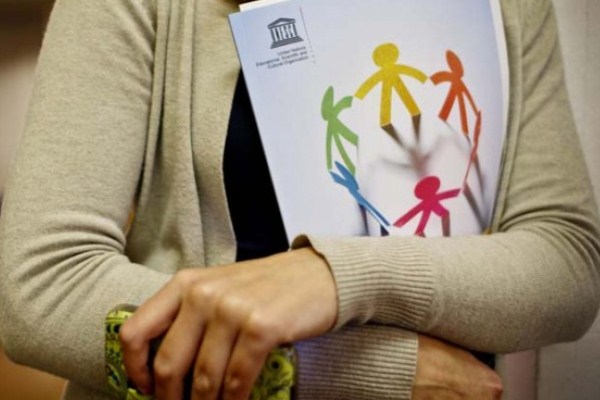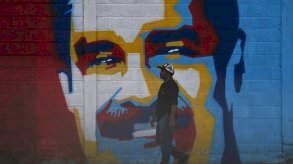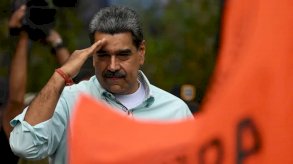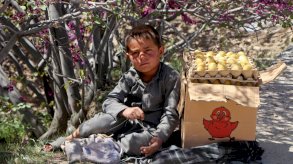The role played by education in countering violent extremism On 24 December 2015, the UN Secretary-General presented his “Plan of Action to Prevent Violent Extremism”, by which he underscored that violent extremism is an affront to the purposes and principles of the United Nations and affirmed that this phenomenon undermines the three pillars of the United Nations - peace and security, human rights and sustainable development-. Violent extremism refers to the beliefs and actions of people who support or use ideologically-motivated violence to achieve radical ideological, religious or political views. Consequently, violent extremist views can be exhibited along a range of issues, including politics, religion and gender relations. No society, religious community or worldview is immune to such violent extremism. Therefore, violent extremism occurs when someone wants to impose their views on others using violence if necessary. On 24 September 2014, Security Council adopted Resolution 2178 by which encourages Member States to engage relevant local communities and non-governmental actors in developing strategies to counter the violent extremist narrative that can incite terrorist acts, address the conditions conducive to the spread of violent extremism, which can be conducive to terrorism, including by empowering youth, families, women, religious, cultural and education leaders, and all other concerned groups of civil society and adopt tailored approaches to countering recruitment to this kind of violent extremism and promoting social inclusion and cohesion. Afterwards, in its resolution 2250 of 2015, the Security Council encouraged Member States to engage relevant local communities and non-governmental actors in developing strategies to counter the violent extremist narrative that can incite terrorist acts, address the conditions conducive to the spread of violent extremism, which can be conducive to terrorism, including by empowering youth, families, women, religious, cultural and education leaders, and all other concerned groups of civil society and adopt tailored approaches to countering recruitment to this kind of violent extremism and promoting social inclusion and cohesion. In its decision 197 EX/Decision 46 (“UNESCO’s role in promoting education as a tool to prevent violent extremism”), the Executive Board encouraged the Director-General to enhance UNESCO’s leading role in promoting and implementing education as an essential tool to help prevent violent extremism, enhance coordination across sectors on related initiatives, and identify opportunities for collaboration within the United Nations system and non-governmental organizations (NGOs). The guide for teachers and educators on “Preventing Violent Extremist and Radicalization” that UNESCO has prepared will provide teachers and educators with a basic understanding of violent extremism and the role of education in combatting it, as well as with practical guidance on how to address violent extremism and challenge the prevailing narratives conveyed by extremist ideologies in a classroom setting. As indicated by UNESCO, Global Citizenship Education (GCED) is an emerging approach to education that focus on developing learners’ Knowledge, skills, values and attitudes in view of their active participation in the peaceful and sustainable development of their societies. GCED is about instilling respect for human rights, social justice, gender equality and environmental sustainability, which are fundamental values that help raise the defences of peace against violent extremism. A concept at the core of GCED is solidarity and respect for diversity, irrespective of differences in age, gender, nationality or ethnicity, and not just solidarity with people within your immediate community but also with those outside of it. UNESCO’s work in the GCED is guided by the Education 2030 Agenda and Framework for Action, notably Target 4.7 of the Sustainable Development Goals (SDG 4 on Education), which calls on countries to “ensure that all learners are provided with the knowledge and skills to promote sustainable development, including, among others, through education for sustainable development and sustainable lifestyles, human rights, gender equality, promotion of a culture of peace and non-violence, global citizenship and appreciation of cultural diversity and of culture’s contribution to sustainable development”. Mr Abdulaziz Almuzaini, Director of the UNESCO Geneva Liaison Office, outlined in this Panel that education is key to prevention, and is a strategic response to the threats faced by young people. The relevance of preventing violent extremism notably through education was also recently recognized, he said, by the UN General Assembly Resolution on the UN Global Counter-Terrorism Strategy Review 70/291, which was adopted last July. He also stressed that education alone is not enough: we need a specific type of education. Consequently, we need to empower young women and men to become active citizens in facing and resolving global challenges and contributing to a more peaceful, tolerant, inclusive and secure world. This requires helping learners develop critical thinking, empathy, and respect for diversity. This requires providing them with a positive sense of identity and belonging, and to foster mutual understanding and respect among youth, including through interfaith and intercultural dialogue. Also he recalled that UNESCO’s contribution in this domain is not limited to the elaboration of guidelines. The Organization is also providing an easy access to relevant educational resources, including educational material and resources on the prevention of violent extremism. Mr. Almuzaini also said that in September 2016, in cooperation with the Mahatma Gandhi Institute of Education for Peace and Sustainable Development (MGIEP), UNESCO organized an International Conference on this specific issue in New Delhi, India. The presence of 217 participants representing 66 countries, including Ministers, senior education policy-makers, experts, NGO representatives and youth advocates in the field demonstrated how important we consider education as a powerful tool to prevent violent extremism and address intolerance. The Conference enabled building a common understanding about how education systems can appropriately and effectively prevent violent extremism, and leads to concrete ideas on the way forward for preventing violent extremism through education by identifying priority areas of work and follow-up activities. In this line, on 30 September 2016 the Human Rights Council adopted a resolution on “Protection of human rights and fundamental freedoms while countering terrorism”, in which Member States recognizes the important role of education, respect for cultural diversity, preventing and combating discrimination, employment and inclusion in helping to prevent terrorism and violent extremism conducive to terrorism and also encourage Member State, United Nations entities, regional and subregional organizations and relevant actors to consider instituting mechanisms to involve youth in the promotion of a culture of peace, justice and human development, ethnic, national and religious tolerance. As to matter of young people and education, Mr. Almuzaini ended his speech at the Panel discussion by highlighting that we are here today to examine the role of education in addressing the root causes of violent extremism. We need to help young people resist to violent extremist messages and to steer them away from violent extremist groups, through nurturing a quality education that meets their needs. This process cannot be carried out without youth participation. David Fernandez Puyana, PhD, LLM and MA |



















التعليقات